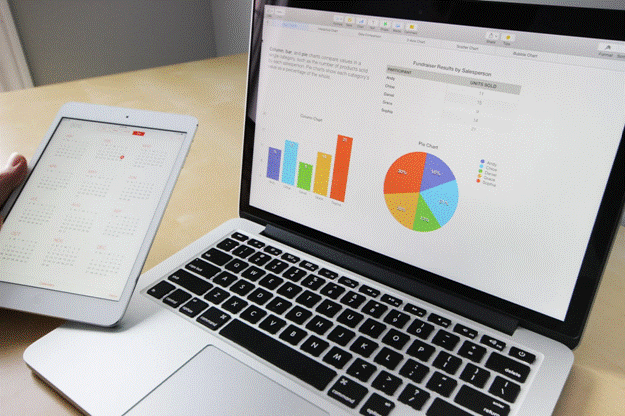The information age is aptly named as the rise of the Internet gave us more information and data than we can possibly manage or consume in a lifetime. Millions of gigabytes of data are uploaded or created every day, which means the Internet is ever-expanding and that only counts the indexed pages. There is more data in the world than we will ever use, but that doesn’t mean data is useless. While there is undoubtedly garbage data that contribute next to nothing, the vast majority of data is an incredibly powerful tool in our modern world. Almost anyone can use data to their advantage, but businesses that take advantage of data analysis often see the most significant benefits. With the help of Data analysis might not be common knowledge to everyone, but here is everything you need to know about how data plays a meaningful role in today’s world.
What Is Data Analysis

Data is everywhere and can come from almost anywhere. Companies will use specific data management tools to collect and organize data from across the Internet to use for internal analysis. Automated collectors, voluntary data collection, and other 3rd party software like Vmware Monitoring Tools bring in the data in a format that doesn’t make an employee’s eye glaze over.
Once a company has the data they want to extract information from, it is time to analyze. You can analyze data already looking to confirm an answer or see what the data tells you with no endpoint in mind. What you find with data analysis varies significantly by what data you collected and what you are looking for. Collecting customer data can tell you the age, gender, location, income, level of education, purchase history, and browsing habits to better pinpoint your audience or learn more about demographics you are not yet reaching. Data can also give you feedback on customer service systems, engagement on social media posts, information on your competition, and much more. You can collect data on almost anything; the key is collecting the right data that gives you helpful answers or insight rather than just adding to your file sizes.
Why A Data Analyst Matters
So long as your data is error-free and accurate, it will always be objective. Data being objective is a good thing because when data “suggests” your company makes a change, it is not a fallible human employee making the suggestion; it is a suggestion based on calculations and analysis. However, you will still need a data scientist or analyst to get data to “spit out” the recommendation. Numbers don’t become understandable sentences without the help of a trained analyst. Data is certainly essential, but without someone to read the data, it will stay a sheet of numbers that gives most people a headache.
Unseen Problems And Solutions
One of the best things about data is that the results won’t lie so long as your data is accurate. Data can show you problems you didn’t know were a problem and solutions to problems you may have never thought of. If you have been struggling to figure out why a particular item isn’t selling well, data may point to the reason. Are you marketing the item to teen girls, but have it priced for a single college grad working full time? The data might show your intended customers visiting the product page but not buying the item and show the customers who could afford the item buying comparable items instead of your offering. Data will not spit out a single sentence that solves your issues, but it will highlight the information you need to find the answers.
Beyond Marketing And Profits

Data management and analysis are often discussed in the marketing realm, but the usefulness of data extends far beyond just marketing and increasing sales. Industries such as healthcare, banking, manufacturing, energy, and more rely on data as well. In these industries, data is not used to maximize profits or marketing but rather maintain efficacy, track massive projects, and keep integral systems running as intended. Data can help mitigate risk, find new ways to make a process more efficient, monitor the bottom line, predict future trends, optimize production lines, and much more. Data analysis might not be a new idea, but the practice is taking off beyond what was considered possible a few years ago. Data can tell you an incredible amount about the world and your specific industry. However, you will need a data analyst to make sense of the massive collection. Use data to its fullest extent, regardless of industry, to learn more and give your business a modern edge.
